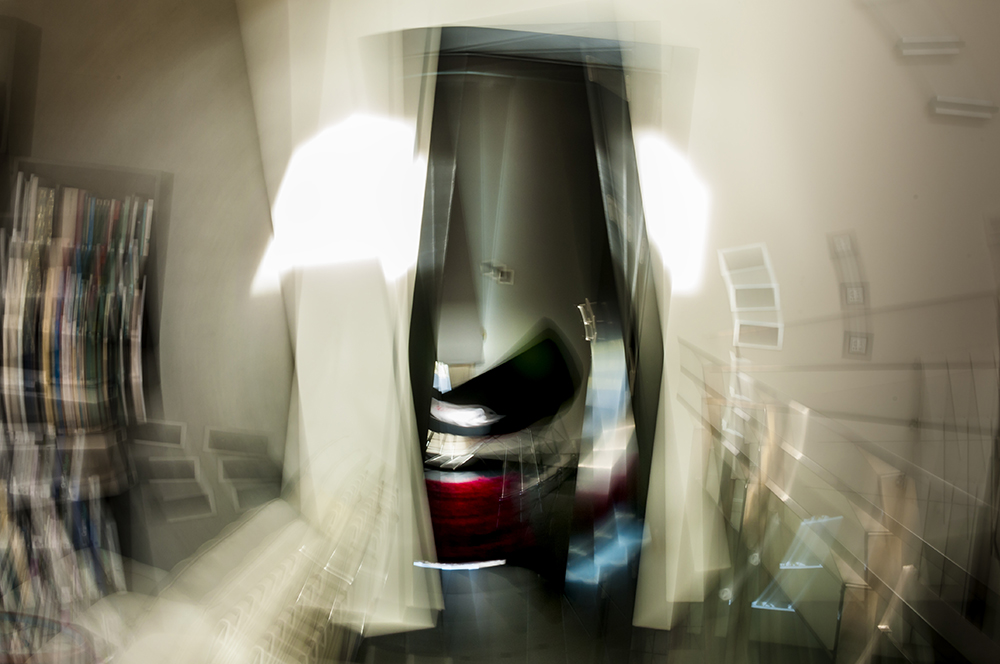
Most ear-related dizziness seen in the GP surgery is due to ‘BPPV’ (Benign Paroxysmal Positional Vertigo) or Méniere’s disease (pronounced “many-ears” coincidentally!). New treatments make these conditions more easily managed either in the GP surgery or by an ENT specialist.
BPPV is the commonest cause of vertigo, or dizziness. In this condition, movement of the head such as bending over, turning in bed, looking up or driving can result in a sudden spinning sensation, which lasts for up to 20 seconds and can be very frightening. Often patients feel sick and unsteady for many hours after the attack, however, it doesn’t reduce hearing or cause any ringing sounds in the ears. If untreated, attacks can go on for a couple of months or more, and in some cases years.
It is caused by crystals in the inner ear becoming dislodged, which can hit balance-sensing areas within the inner ear so the result is a terrible feeling of the world spinning around. These crystals may be dislodged by a head injury, a recent viral infection or the aging process.
Although patients can help themselves by avoiding any movements of the head that cause the dizziness, it is best to see their GP for two reasons. The first is to have a proper assessment, as there are many other important causes of dizziness, and the second is that once BPPV is diagnosed the trained GP can quickly and effectively treat the disorder in their surgery.
The treatment is designed to put the crystals back in the place they should be. This can be carried out by a simple series of head movements called Epley’s Manoeuvre for crystals in the posterior semi-circular canal or the “BBQ” manoeuver for crystals in the horizontal semi-circular canal. These manoeuvres are very safe, over 90% effective and take only 5-10 minutes to do.
Ménière’s disease is a repeating problem where there is a build-up of fluid in the membranes of the inner ear giving a feeling of pressure or fullness in the ears. These membranes then suddenly burst making the patient feel very dizzy. This spinning feeling lasts at least half an hour and may go on for several hours. With the dizziness and sickness, hearing level also drops and patients experience ringing in their ears.
Attacks are unpredictable and may occur many months apart. The long-term effects are to reduce hearing in one or both ears, and very marked reduction in quality of life during attacks for those badly affected.
The treatment of severe Meniere’s disease has been significantly improved by research showing that steroids injected behind the eardrum under a local anaesthetic is effective. Vertigo attacks were reduced by 90% with no harm to the hearing and some evidence of increased speech discrimination after treatment.

Mr Paul Montgomery
Consultant ENT Surgeon
150 Harley Street (http://www.150harleyst.co.uk )
![]()
